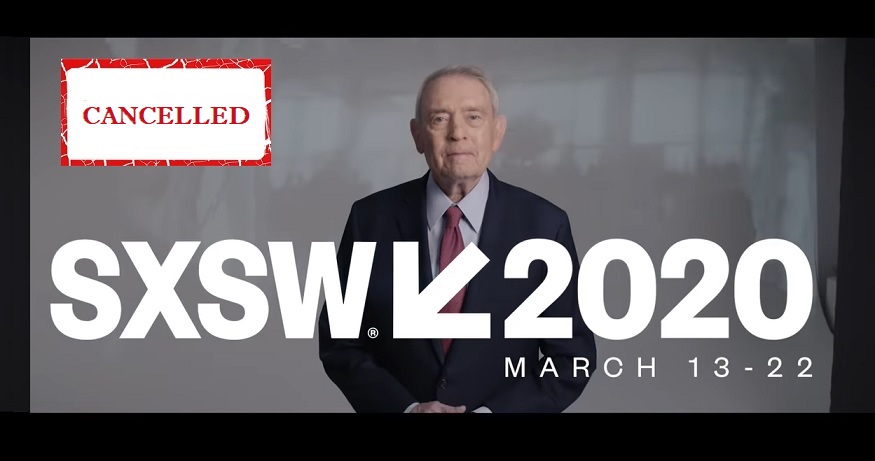As gatherings like SXSW are stopped to slow COVID-19’s spread, participants are suffering losses.
The South by Southwest (SXSW) conference has been cancelled for the first time in 34 years and the lack of disease outbreak coverage in event insurance policies has left many participants out of luck.
This year’s SXSW was supposed to take place in Austin, Texas, from March 13 to March 22.
The two SXSW founders were cited in a recent media publication, saying that the organization did not have disease outbreak coverage in its event insurance policies. The City of Austin and local county officials cancelled the gathering last Friday afternoon. Officials were concerned over the spread of COVID-19 and shut down the festival due to those and related health concerns.
Nick Barbaro, co-founder of South by Southwest explained that while the event does have insurance coverage, that protection does not extend to an outbreak of a disease. Moreover, it also doesn’t include the declaration of a city’s “local state of disaster.”
That statement was further supported by the other co-founder of SXSW, its CEO Roland Swenson. He explained that “We have a lot of insurance (terrorism, injury, property destruction, weather). However, bacterial infections, communicable diseases, viruses and pandemics are not covered.”
The lack of protection through event insurance policies will lead to substantial losses for SXSW.
Reports ahead of the Friday cancellation suggested that there was potential for SXSW to go ahead as scheduled. The organizers had been willing to keep its doors open, provided the city or county didn’t direct them to do otherwise. That said, both the city and the county did step in and required the festival to shut down for this year.
Media reports suggest that certain levels of insurance coverage could be applied to cover some of the losses in a situation of force majeure. That said, the participants in SXSW aren’t the only ones being affected by the cancellation. Even if event insurance policies covered everything, which they don’t, the city of Austin’s hotels, restaurants, bars and local shops rely on the annual event for a substantial boost to their revenues. The music,  film and technology festival brings over 100,000 people to the city and typically boosts the local economy by $350 million.
film and technology festival brings over 100,000 people to the city and typically boosts the local economy by $350 million.

